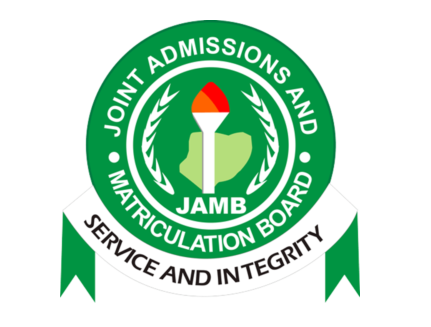Nigeria's Turbulent Past: Military Coups and Their Legacy
Nigeria has experienced a tumultuous history of military coups, with nine successful coups since independence in 1960. Here is a comprehensive list of military coups in Nigeria, including the names of key players:
List of Military Coups in Nigeria
- 1966 Coup: Led by Major General Johnson Aguiyi-Ironsi, who overthrew the government of Prime Minister Sir Abubakar Tafawa Balewa
- 1975 Coup: Led by General Murtala Muhammed, who overthrew the government of General Yakubu Gowon
- 1983 Coup: Led by Major General Muhammadu Buhari, who overthrew the government of President Shehu Shagari
- 1985 Coup: Led by General Ibrahim Babangida, who overthrew the government of General Muhammadu Buhari
- 1993 Coup: Led by General Sani Abacha, who overthrew the government of Interim National Government
- 1998 Coup: Led by General Abdulsalami Abubakar, who succeeded General Sani Abacha after his death
Key Players in Nigeria's Military Coups
Also Read: COUP ALERT 2025: Nigeria's Military Speaks Out - You Won't Believe What They're Denying!
- Major General Johnson Aguiyi-Ironsi: Led the 1966 coup that overthrew the government of Prime Minister Sir Abubakar Tafawa Balewa
- General Murtala Muhammed: Led the 1975 coup that overthrew the government of General Yakubu Gowon
- Major General Muhammadu Buhari: Led the 1983 coup that overthrew the government of President Shehu Shagari
- General Ibrahim Babangida: Led the 1985 coup that overthrew the government of General Muhammadu Buhari
- General Sani Abacha: Led the 1993 coup that overthrew the government of Interim National Government
Impact of Military Coups on Nigeria's Politics
Military rule has had a lasting impact on Nigeria's politics and governance. The country has struggled to transition to democracy, and the legacy of military rule still influences politics today.
Legacy of Military Rule
- Authoritarianism: Military rule has instilled a culture of authoritarianism in Nigeria's politics
- Corruption: Military leaders have often used their positions to accumulate wealth and power
- Instability: Military coups have created instability and uncertainty in Nigeria's politics
Nigeria's Transition to Democracy
Nigeria has made significant progress in transitioning to democracy since the end of military rule in 1999. The country has held several elections, and power has been transferred peacefully between governments.
Challenges Facing Nigeria's Democracy
- Corruption: Corruption remains a major challenge to Nigeria's democracy
- Insecurity: Insecurity is a significant challenge to Nigeria's democracy, particularly in the northeastern part of the country
- Economic Development: Nigeria's economy is heavily dependent on oil, and the country needs to diversify its economy to create jobs and stimulate growth
Nigeria's history of military coups has had a lasting impact on the country's politics and governance. While the country has made progress in transitioning to democracy, there are still significant challenges to be addressed.








0 Comments